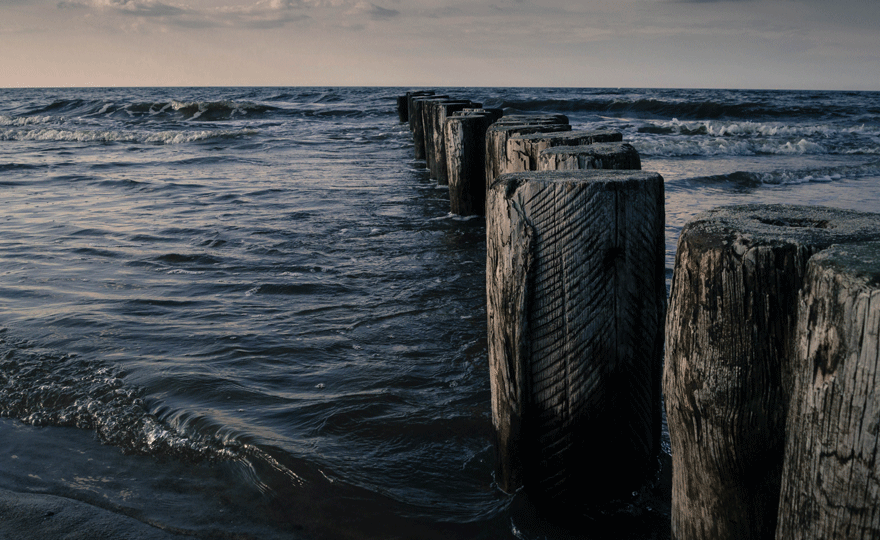ClientEarth Communications
5th November 2018


ClientEarth has taken legal action against the Nord Stream 2 pipeline extension, a project to build and operate a new twin pipeline from Russia through the Baltic Sea to Germany. The pipeline will transport natural gas from the world’s largest reserves in Russia to the internal gas market in the European Union (EU).
The project involves multiple jurisdictions, including countries through which the pipeline will pass, as well as countries which are likely to be affected by the investment.
Although the NS2 pipeline will not pass through Poland, the location of one of ClientEarth’s entities, its effect on the Baltic Sea, marine mammals and wild birds in the Baltic (for which Natura 2000 sites have been designated in Poland and other countries in the Baltic Sea basin) may have a significant adverse impact on the Polish environment.
It is for these reasons that ClientEarth has applied for judicial review against the development permits granted in Finland and Sweden, two of the states through which the pipeline will pass. In doing so, and in exploring the possibility of challenging the pipeline in other jurisdictions, ClientEarth has encountered considerable difficulties related to standing.
In Finland, standing in this case is governed by the Finnish Water Act, according to which the development decision may be appealed by a stakeholder or a registered association or foundation whose purpose is to promote the protection of the environment, human health or nature conservation or the pleasantness of the living environment, and in whose operating area the environmental impacts in question arise. ClientEarth has argued that the construction and operation of the pipeline in Finnish territory may have a serious adverse impact on the Polish environment and that of the entire Baltic Sea. In order to demonstrate the validity of its argument, ClientEarth submitted extensive scientific expert opinions on the impact of the pipeline on Polish Natura 2000 sites and the Baltic Sea ecosystem, including protected marine and bird species. These expert opinions were supplemented by additional opinions which were submitted upon the request of the Finnish court in order to:
As of the date of writing this article, ClientEarth is still awaiting a decision on the admissibility of its appeal in Finland.
ClientEarth has also initiated legal proceedings against the development permit for Nord Stream 2 in Sweden. In order to lay pipelines on the continental shelf outside of Swedish national territory (where part of Nord Stream 2 is to be located), a permit granted by the government is required according to the Swedish Continental Shelf Act. Although there is no possibility to appeal this kind of decision in the normal meaning of the word, the applicable Swedish law does allow the Supreme Administrative Court to examine, under certain circumstances, whether a decision made by the government is in contravention of the rule of law.
An application to the Supreme Administrative Court may be brought by environmental organizations that are entitled to appeal cases in accordance with the Swedish environmental code. Swedish law sets quite a strict formal requirement for NGOs to be able to bring a request for judicial review. Environmental organizations must:
None of the constituent parts of ClientEarth meets the requirements listed in points 3 and 4 above, if they are read literally. However, in its pleadings to the Swedish Supreme Administrative Court, ClientEarth has argued that it should be granted standing, due to the fact that:
ClientEarth is currently awaiting rulings on its standing in both Sweden and Finland.
In Germany, ClientEarth was unable to independently challenge the development permits granted to the investor because – German law (the Environmental Standing Act) allows only member-based entities to challenge such permits. None of ClientEarth’s constituent entities (i.e. neither the British charity, nor its Belgian-based branch, nor the Polish foundation) are associations comprising members.
Access to Justice is a fundamental means through which citizens and NGOs can support the implementation and enforcement of laws and policies to protect the environment. The goal of this ATOJ-EARL project is to achieve “Access to Justice for a Greener Europe”. It strives to enhance access to justice in environmental matters by providing information, training and support for the judiciary, public authorities and lawyers of eight European member states. ClientEarth and Justice and Environment are implementing this project with the financial support of the European Commission’s LIFE instrument.
